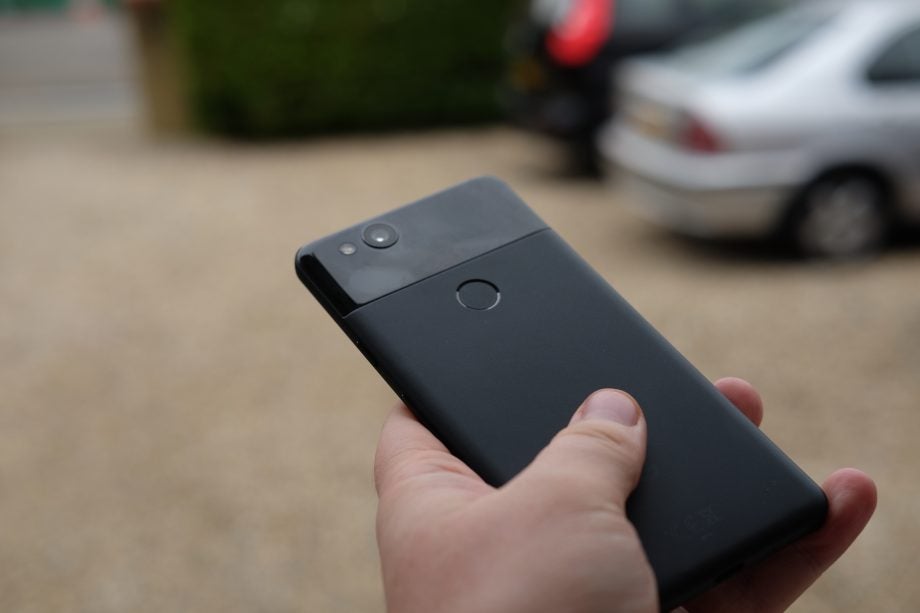Google buys HTC R&D for $1.1 billion – what it does and doesn’t mean

Google’s $1.1 billion deal to acquire HTC’s R&D division – otherwise known as the team behind the Pixel and Pixel XL – has been completed. Here’s what the acquisition means for the future of the Taiwanese firm.
Let’s not beat around the bush: Google has not acquired HTC as a sole entity. It’s merely purchased a single part of the manufacturer – the part that was responsible for the development of several market-leading smartphones, including the original Pixel.
HTC has confirmed that the deal won’t affect its product roadmap. It will continue to function like before, releasing a host of new smartphones – including a new flagship – in 2018, as well as a number of accessories for its popular Vive VR headset.
As part of the agreement, Google has also been granted a non-exclusive license to a large part of HTC’s intellectual property, so we could see the pressure-sensitive (squeezable) frame that debuted on the HTC U11 – and later the Pixel 2 – carried over to the rumoured Pixel 3.
If Google decides to go down that route, however, we’re hoping it will introduce some additional functionality, like having the option to remap the gesture out of the box, as the squeeze feature on the Pixel 2 left us wanting a bit more than it delivered.
Related: Google Pixel 3
“I’m delighted that we’ve officially closed our deal with HTC, and are welcoming an incredibly talented team to work on even better and more innovative products in the years to come, said Google Hardware Senior Vice President Rick Osterloh.
“These new colleagues bring decades of experience achieving a series of “firsts” particularly in the smartphone industry—including bringing to market the first 3G smartphone in 2005 [and] the first touch-centric phone in 2007,” he added.
Do you think HTC has shot itself in the foot from an innovative standpoint by accepting Google’s proposal? Or is it a blessing in disguise? Let us know your thoughts over on Facebook or Twitter @TrustedReviews.

